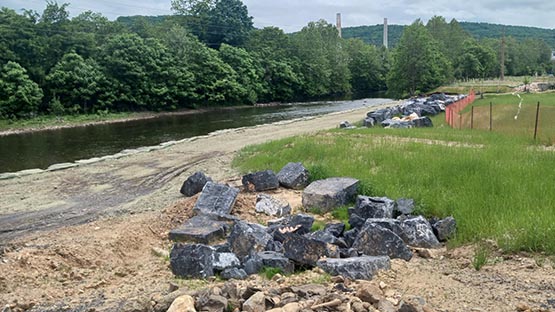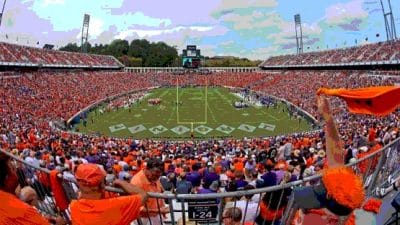
“Wallops is an ideal site for basing unmanned aircraft…,” the letter said. “Despite its central location in the Mid-Atlantic, Wallops enjoys uncrowded airspace and its rural environs generate no encroachment issues. With two 8000-foot runways and the taxiways and apron space to support additional aircraft, Wallops is ready to accommodate Triton with minimal additional construction. In addition, it is already an established center of unmanned aerial vehicle (UAV) activity and home to a number of UAVs, including NASA’s RQ-4 Global Hawks, an aircraft very similar to Triton.”
Congressman Forbes recently visited Wallops Island and has been outspoken about the benefits of basing the Triton at Wallops Island. The Navy is currently considering Wallops as one of three East Coast options for permanently basing the MQ-4C Triton unmanned maritime patrol aircraft. The Triton provides real-time intelligence, surveillance, and reconnaissance (ISR) capabilities in maritime and coastal regions. Should the Navy select Wallops as the permanent East Coast location, it would serve as both a launch and recovery site, as well as an operational-level maintenance hub, supporting rotational deployments of personnel and aircraft outside the United States. Roughly 400 additional personnel plus their families would be stationed there.
Wallops’ central location in the Mid-Atlantic Region; its proximity to Patuxent River, Maryland where the Triton is developed; the presence of NASA’s own RQ-4 Global Hawks (a similar aircraft) at Wallops; and the facility’s relatively uncrowded airspace make it an ideal permanent location for this platform. Currently, the Navy is conducting an environmental assessment, with a decision on the permanent basing of the Triton expected later this year.
The facility at Wallops Island, Virginia is home to some of the most innovative work in the commercial space industry, and supports the needs of both NASA and the Department of Defense. Whether it is providing field carrier landing practice to Navy pilots, supporting rocket launches as part of Missile Defense Agency exercises, or serving as one of two U.S. sites launching vital cargo to support the International Space Station, Wallops is an integral part of U.S. space efforts.










